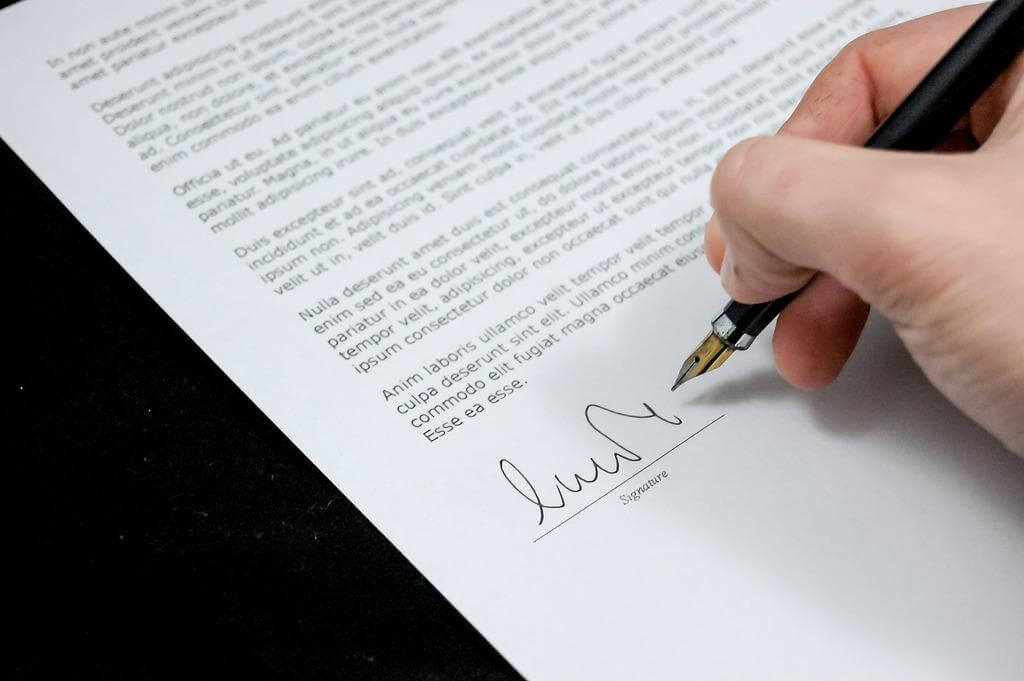We live in an era where changing jobs and moving to new companies is much more frequent than any other time in history. It is easy to change positions and move to a new company. With this increase in mobility among employees, it also means that there is a much higher likelihood (and risk) that your confidential information can be shared in the market and with your competitors. But it doesn’t have to be…not if you are proactive and put the proper legal protection in place for you and your intellectual property.
In addition to mobility of employees, we now have a much higher percentage of contract workers and consultants who have access to our information and are not in our employ. They may represent an even higher risk for companies than their employees. In talking to one CEO, it was apparent that they really hadn’t been thinking about their temporary work force in the same way as their employees.
For example, this company had a number of contract workers for different points in time when there were higher demands for their products and services. As such, they didn’t usually last very long and they were not at a level where they generally had access to confidential or proprietary information. However, the CEO soon realized that people talk and when they talk others can hear information…even the contract workers. They leave and now have this information to share with competitors.
Since these workers had particular skills for their industry, the likelihood they would be working for a competitor was higher than with most companies. When they worked there they could provide information about how he operated…intellectual property and proprietary information. While it wasn’t done with a malicious intent, it was still shared. He never thought about how this could happen…now he has NDAs (Non-Disclosure Agreement) in place for every temporary worker.
So how do you create an NDA that is “legally binding” for an employee? Here are 4 simple steps that should be taken when you are putting together an NDA for anyone…
- First and foremost, I highly recommend professional help to help…For an NDA to really be effective, it is critically important to create one that works for your business and needs. There are lots of NDA “templates” online but they don’t all protect the same things and they may not have strong enough language in an area you need. Seek professional advice from a business attorney that understands what you are specifically trying to protect. The additional cost will far outweigh the loss created by your intellectual property ending up in the hands of a competitior.
- Identify specifically what you want to protect…This may be the second most important part of creating an NDA for your company. You don’t need to protect everything, just the key areas that you don’t want in the hands of others, including potential competitors. Creating a very specific list of items will help you in creating an NDA that specifically focuses on these areas and isn’t so general that it doesn’t offer the legal protection you may need at some point.
- Don’t share anything before you have an NDA in place...One area many business owners like to do is to “bounce an idea” off a friend or colleague before putting it into practice. You should stop this from happening from anyone in your company that has access to proprietary information. If you ask them about an idea that you later put into practice and then put out an NDA, it is probably ineffectual (legally speaking) for that person since they learned about it before the NDA was created or signed. Avoid this at all costs regardless of whether you are a start-up or existing company with new products/services.
- Create one specifically for your needs…It is very important to fully understand what it is you want to protect before creating the NDA. Not all NDAs serve the same purpose and are more specific to what you want to protect. Create the NDA that is specifically designed for what you are trying to protect. Once you have answered number 2 above you will be much more prepared to specifically identify the type of NDA you need.
If you follow these 4 steps you will have a much higher likelihood of having the protection in place should something go off course. You will have a specific NDA that will have the “teeth” to really give you the legal support you need to protect your products and services. If you ever have a question, just ask and we can give you some further insights. Or if you want to sit down and go through your specific needs to get a better idea of how to proceed, just schedule a time to meet with us and we’ll be happy to give you more personal insights and direction for your specific needs.



